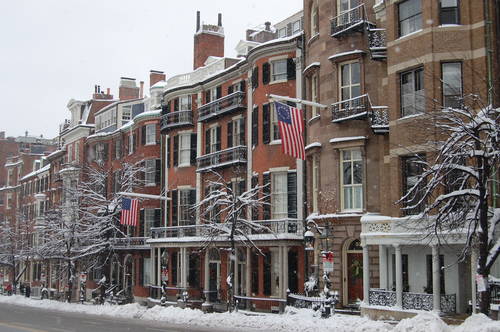 One chilly winter night some forty years ago during my college years, I was upstairs in a Boston dance club on Beacon Street looking around for someone I’d like to ask me to dance. Two young, strapping fellows about my age promptly swam into view, approaching precipitously with this question: “Are you liberated?”
One chilly winter night some forty years ago during my college years, I was upstairs in a Boston dance club on Beacon Street looking around for someone I’d like to ask me to dance. Two young, strapping fellows about my age promptly swam into view, approaching precipitously with this question: “Are you liberated?”
Taken aback, I replied, “Yes, but not in the way that you probably want.” Undeterred, one of the fellows told me that they were in the Navy and had just arrived in port. Well, I thought, that explained the direct pick up line.
The other fellow pressed his luck. “Are you a virgin?”
“Oh, that’s really none of your business,” I said, “Move on, please.” And so the hapless mariners sailed away from me, trolling for real ‘liberated’ women.
Since that night, I’ve wondered, am I liberated?
In a recent article in the Wall Street Journal, Mary Eberstadt, a research fellow at the Hoover Institute, and author Ann Patchett wrote a point/counterpoint answer to this question: Has the Sexual Revolution Been Good for Women? In the negative, Eberstadt’s most interesting argument is that, in spite of advances in work and education, women do not seem happier. In fact, the despair of finding a partner, and resorting to sperm banks for desired children, and increased anxiety and depression among now-liberated women have been documented in the media, the medical community and among economists. For Patchett, however, the crux of liberation is birth control, an affirmative she states, but not the “distasteful” social media aspects that have been called “progress”.
Indeed, birth control played a large role in my ability to plan during my reproductive years. After establishing my career, two children arrived between my late twenties and early thirties, giving me enough time and energy to raise them for the next 20-some-odd years while continuing my career. Note that I used the word “plan” and not “convenient”; children are an extraordinary experience but rarely convenient. Patchett stated that she never wanted children but clearly comes down on the side of responsible pregnancies and attentive child-raising.
But does liberation mean more than birth control? Is liberation only sexual? Is it for women only, as in Women’s Liberation?
What does ‘liberated’ really mean?



” In fact, the despair, anxiety and depression among now-liberated women have been documented in the media, the medical community and among economists.”
There might be a selection bias here.
Before the sexual revolution (though not necessarily because of it) weren’t women less likely to report despair, anxiety or depression? (Men were less likely to do so as well.)
Thank you for raising this question! How reliable are reports past and present, and how does one measure happiness?
After posting yesterday, I revised a bit to clarify Eberstadt’s point about despair among post-liberation women. And I’m still puzzling… Further comments welcome!